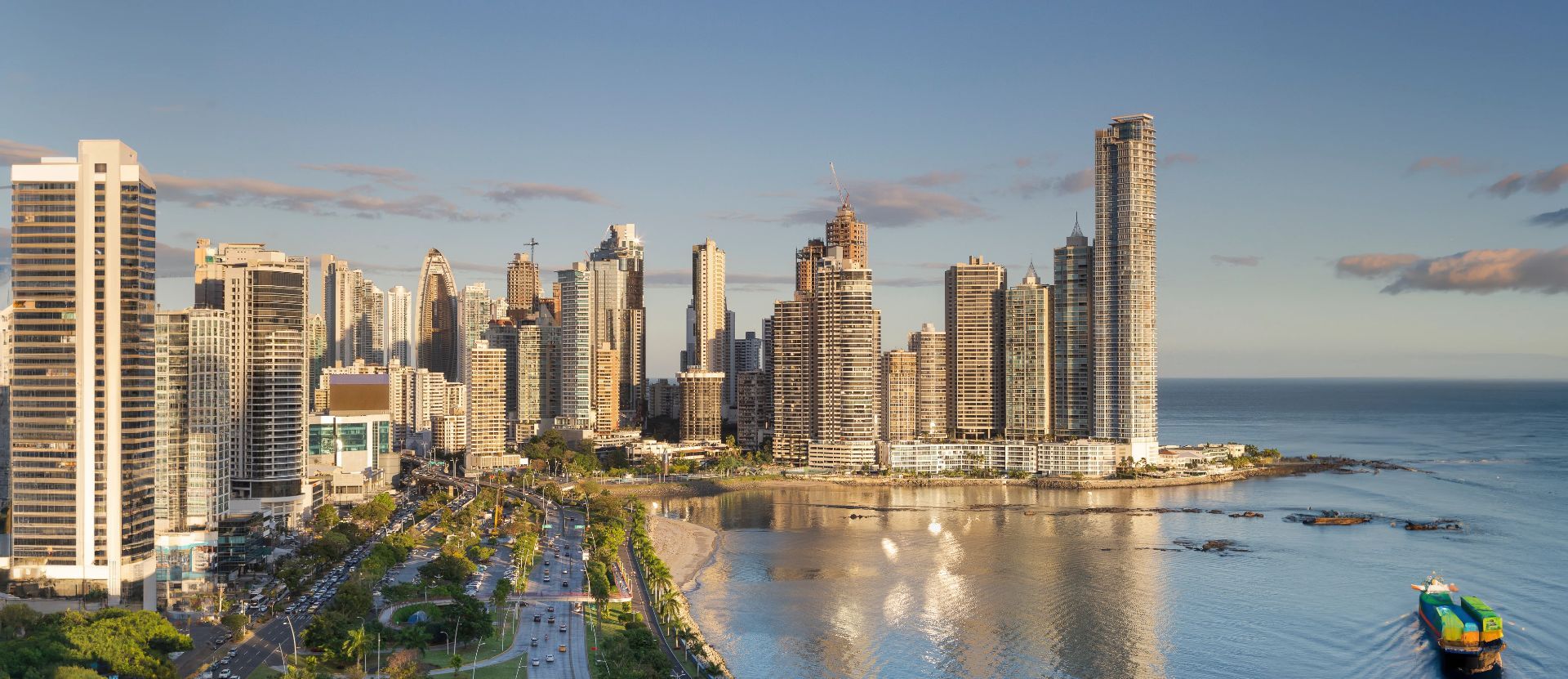/COMUNICAE/
Quartier proposes to improve the current vacation rental regulations in Panama by balancing market needs and government regulations
Legal Restrictions and Control Measures on Vacation Rentals in Panama in 2024
In the current landscape of vacation rentals in Panama, legal restrictions, specifically in the Panama District, have created a challenging environment. Article 21 of Law 80 from November 8, 2012, prohibits leases of less than 45 days without a public tourism accommodation permit, laying the foundation for the control and regulation of unauthorized temporary lodgings.
In response, local authorities have implemented active measures to shut down and penalize these clandestine lodgings. Fines, ranging from 5,000 to 50,000 US dollars, are applied proportionally to the severity of the infraction and the recurrence of the landlords.
Vacation Rental Companies and Their Rgulatory Proposals
Vacation rental companies have been key players in this scenario, facing criticism from the hotel industry for contributing to unfair competition. The exponential growth of such companies has intensified the debate over regulation and market fairness.
Facing this situation, the proposed regulation suggests replacing the 45-day rule with a 10% tax on rentals through these platforms in Panama City. This tax aims not only to control the market but also to raise funds for the international promotion of Panama as a tourist destination.
Hotel Industry vs. Sharing Economy
The hotel industry advocates for greater international promotion as a solution to improve occupancy, while vacation rental companies like Airbnb, Vrbo, or Quartier defend the sharing economy and the offer of unique experiences at various prices. This divergence of perspectives raises questions about the appropriate balance between regulation and market diversity.
Quartier, the vacation rental company mentioned earlier, continues to fight for a solution tailored to current realities and visitor behavior. Its business model attracts both tourists and professionals coming to Panama for business, many of whom prefer the freedom of an apartment without giving up hotel comforts. They argue that market freedom should be accessible to companies that can offer an alternative to better meet the needs of those visiting Panama.
The Future of Vacation Rentals in Panama
The future of vacation rentals in Panama remains uncertain, facing regulatory challenges but also presenting opportunities for constructive dialogue. How these issues are addressed will determine the future of the vacation rental industry in the country.
Fuente Comunicae
Source: Colombiaprensa Comunicae







